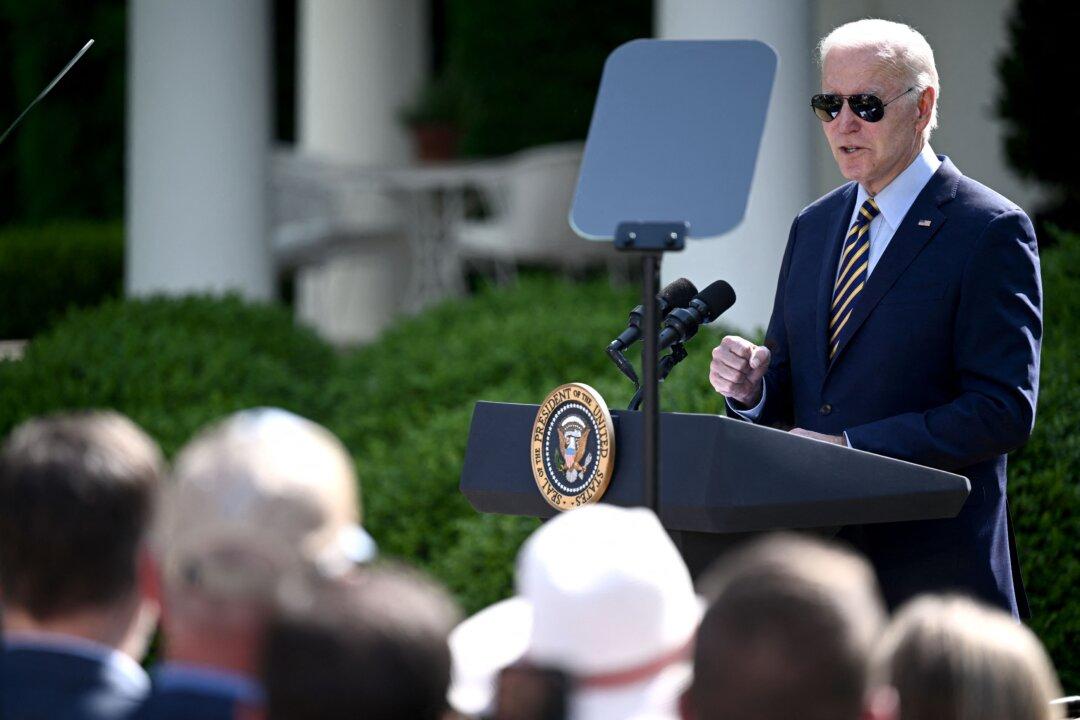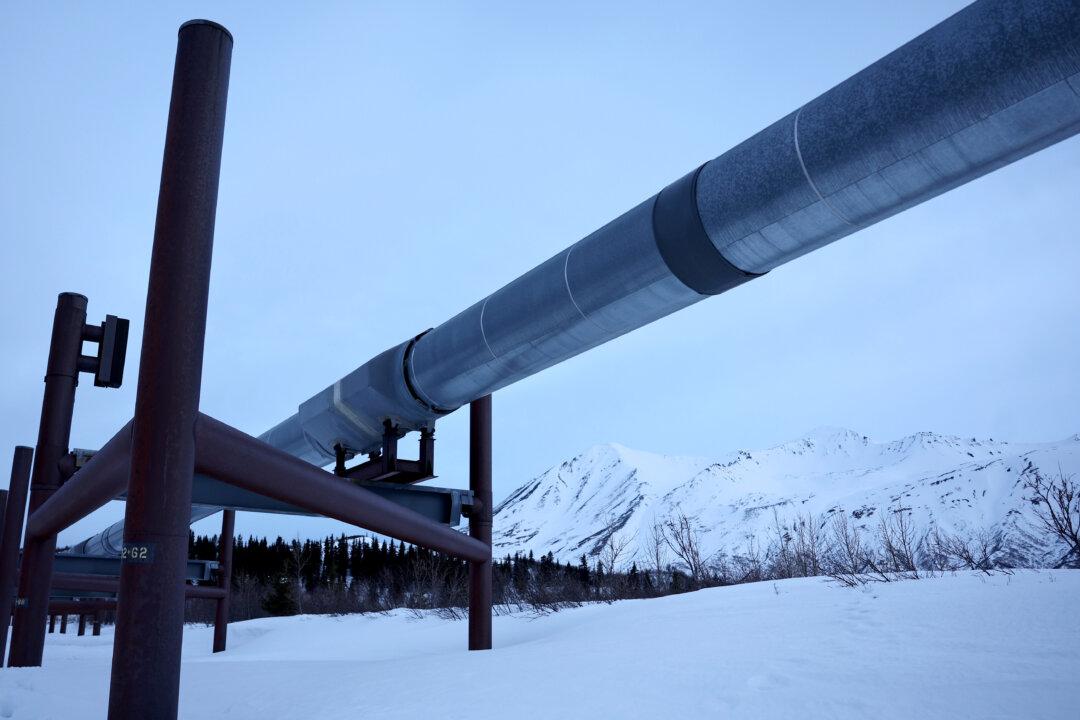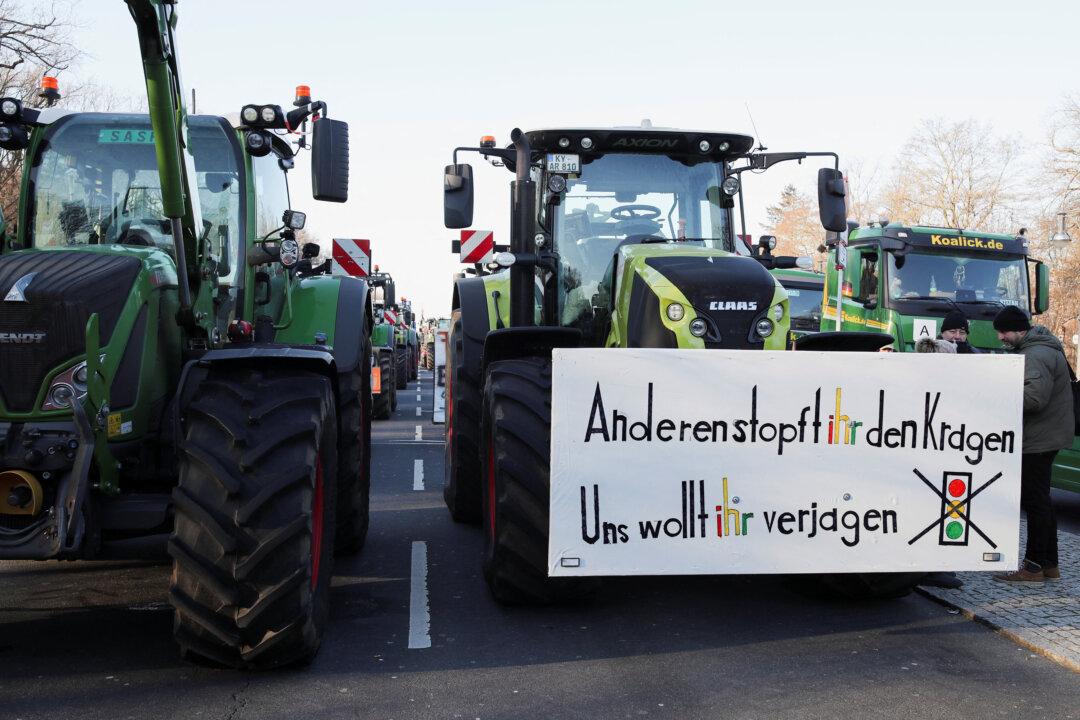Commentary
With reports that classified documents were found at the Penn Biden Center for Diplomacy and Global Engagement at the University of Pennsylvania, questions arise about the potential connection between the university’s receipt of $54 million in Chinese donations and President Joe Biden’s promotion of energy policies that are strengthening China’s economy at the expense of our own.





